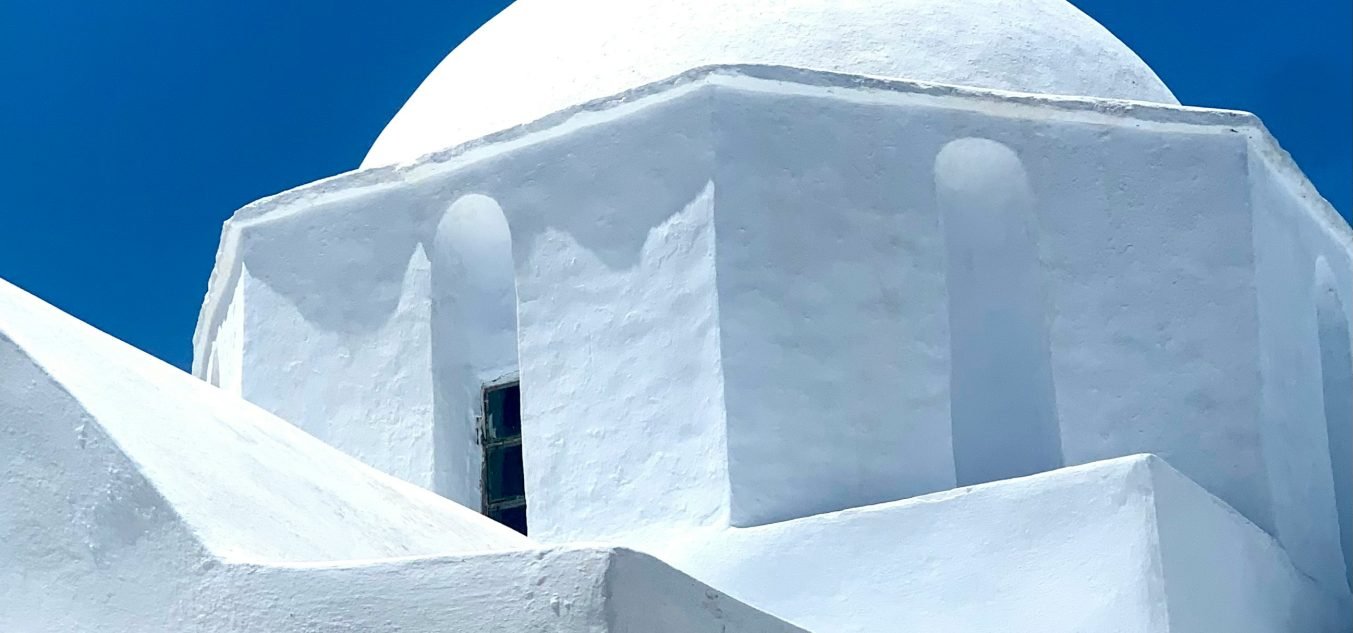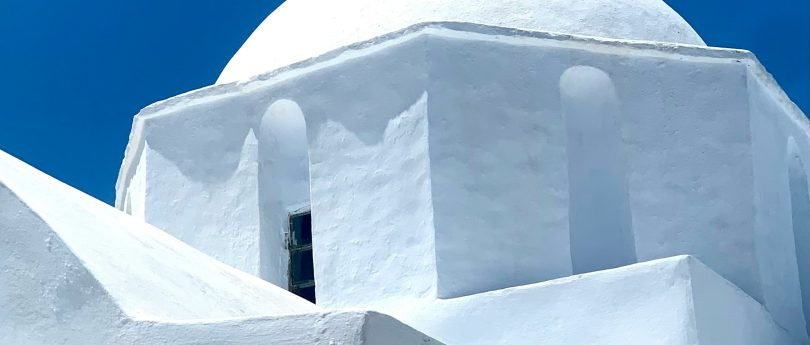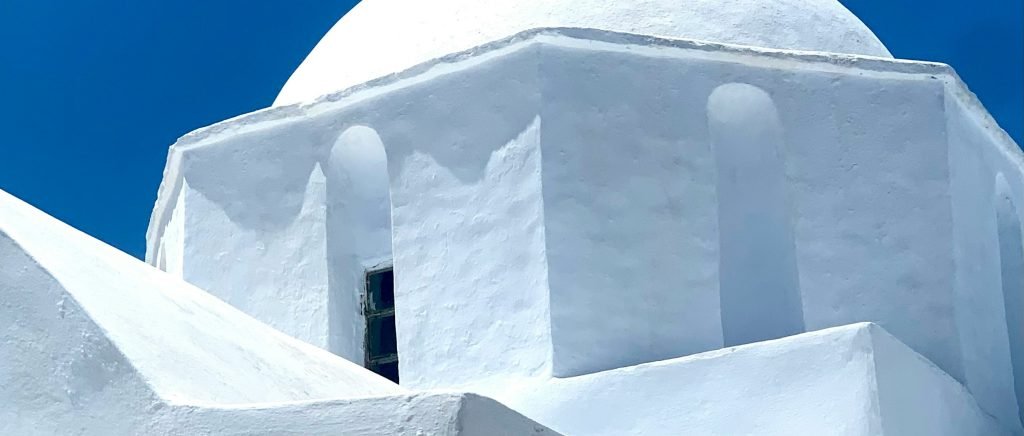Tradition in England, Israel and Greece
By Giorgos N. Papathanasopoulos
Humanity has much to blame on the British. We Greeks, in particular, are still suffering from their appropriation of our rights, their arrogant stance towards us and their scandalously biased attitude in support of Islamic Turkey.
However, the death of Queen Elizabeth II and what followed, including her funeral, highlighted the attachment of the overwhelming majority of Britons to their traditions. The entire ritual for Queen Elizabeth’s funeral were Christian. The Cross proceeded the coffin. The blessings were delivered by members of the Anglican clergy and pastors from other Christian dogmas active in the United Kingdom. Prime Minister of the United Kingdom Liz Truss read an excerpt from the Gospel of John, in which Christ says: “I am the way, and the truth, and the life. No one comes to the Father except through me.” The British attending the ceremony sang the funereal hymns of their confession of faith in unison.
Some around the world – and in Greece – mocked the age-old types of dress, the manner in which state representatives expressed their mourning along with members of the common people, the centuries-old formalities and “conservative” protocols. However, many around the globe acknowledge that by keeping this tradition, these formalities and protocols, the English demonstrate their devotion to their tradition, to the continuity of their nation, of which they are proud, and their unity.
Maintaining tradition is of huge import for any nation that wishes to survive the adversities it faces throughout its history. Tradition encompasses numerous elements, religion being of foremost importance. King Charles III, upon taking the throne, took an oath to be the “defender of the faith” and to protect the Church of England, of which, based on this tradition, he is the Supreme Governor. He also took a separate oath to protect the Presbyterian Church of Scotland. And naturally, no one doubts that the United Kingdom is a modern democracy.
These customs have been observed for centuries at the expense of the Crown as well. King Charles III’s speech to members of the House of Lords and House of Commons did not take place at Parliament, but in Westminster Hall. That is because monarchs have not been permitted to enter the House of Commons Chamber since 1642, when supporters of King Charles I attempted to forcibly enter and attack its members. During the civil war that followed, Cromwell prevailed, imposed a dictatorship and in 1649 executed the king by beheading. He abolished the monarchy, which was not restored until 1660.
In writing these words, my mind flew to the film Fiddler on the Roof. In the film, the main character, Jewish dairyman Tevye, in the hardships he endured in 1905 under Czarist Russia, sings “Tradition”, expressing his belief that a nation can only be saved by its religion-based tradition. It is an undeniable fact that the Jewish nation identifies with its religion and no one in Israel would dare to suggest a separation between it and the state.
Greeks, whether in Greece, Cyprus or the diaspora, feel the unity of Orthodoxy and Hellenism. They hold the conviction that there would be no Hellenism without Orthodoxy. They know that their tradition is founded mainly in their faith. For centuries, that is what separated and protected them from the Ottoman rulers; that is what kept them alive as Greeks. It is through tradition that Greeks maintain their identity no matter where they live, even when they are members of a small community within a much larger, multicultural society. And that is why they do not want to commit suicide, as individuals and as part of a glorious nation with a vast tradition, by severing their roots. –


